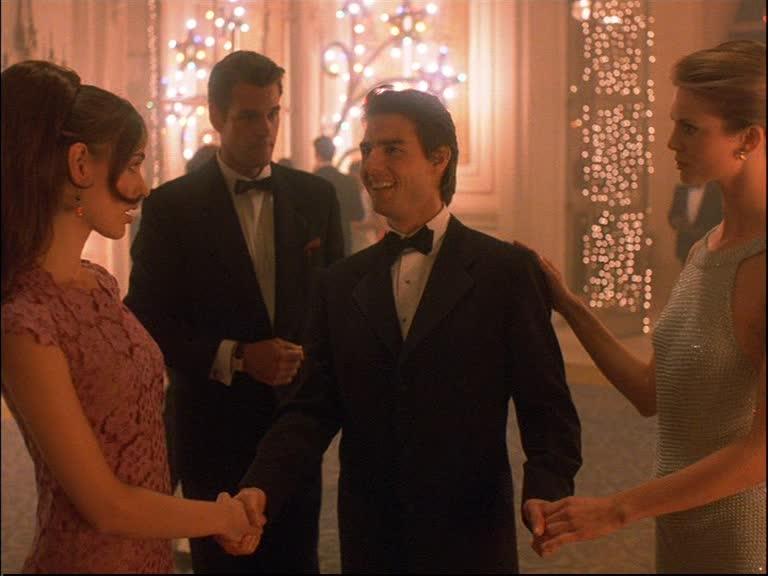Time Anxiety in Bourgeois Couples. Voyage to Italy, The Night, and Eyes Wide Shut
Abstract
Voyage to Italy (Viaggio in Italia, Roberto Rossellini, 1954), The Night (La notte, Michelangelo Antonioni, 1961), and Eyes Wide Shut (Stanley Kubrick, 1999) stage the marital crisis bourgeois couples have to deal with. The films end with the protagonists’ decision to continue their marriage after a life review linked to the diegetic socio-cultural context. These life reviews represent the changes that the middle-class couple had to face during the second half of the Twentieth Century. The fluctuations are also joined by the variations of the experience and idea of time, which can be discussed through the analysis of the expressed time. In these films either one of the spouses or both of them wander to find themselves. As it often happens in art-cinema, during these scenes the associative narrative form substitutes the sequential one, and the cogitation about time perception is foregrounded. The spectators’ experience can be either of first form of boredom, being-bored-by, as defined by Martin Heidegger, or of deep meditation on expressed time and the very concept of time.






